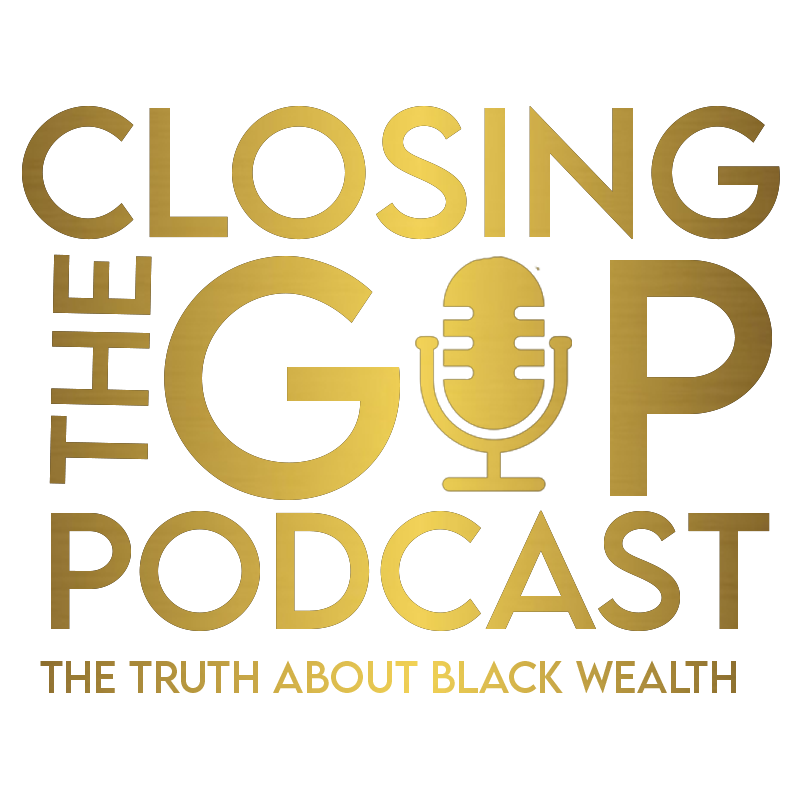From day-to-day expenses to long-term budget forecasting, financial literacy is crucial for managing these factors. As mentioned above, it is important to plan and save enough to provide adequate income in retirement while avoiding high levels of debt that might result in bankruptcy, defaults, and foreclosures.
Yet, in its Economic Well-Being of U.S. Households in 2020 report, the U.S. Federal Reserve System Board of Governors found that many Americans are unprepared for retirement. Over one-fourth indicated they have no retirement savings, and fewer than four in 10 of those not yet retired felt that their retirement savings are on track. Among those who have self-directed retirement savings, more than 60% admitted to feeling low levels of confidence in making retirement decisions.
Low financial literacy has left Millennials—the largest share of the American workforce—unprepared for a severe financial crisis, according to research by the TIAA Institute. Even among those who report having a high knowledge of personal finance, only 19% answered questions about fundamental financial concepts correctly. Forty-three percent report using expensive alternative financial services, such as payday loans and pawnshops. More than half lack an emergency fund to cover three months’ expenses, and 37% are financially fragile (defined as unable or unlikely to be able to come up with $2,000 within a month in the event of an emergency).
Millennials also carry large amounts of student loan and mortgage debt—in fact, 44% of them say they have too much debt.
Though these may seem like individual problems, they have a wider effect on the entire population than previously believed. All one needs is to look at the financial crisis of 2008 to see the financial impact on the entire economy that arose from a lack of understanding of mortgage products (creating a vulnerability to predatory lending). Financial literacy is an issue with broad implications for economic health.








